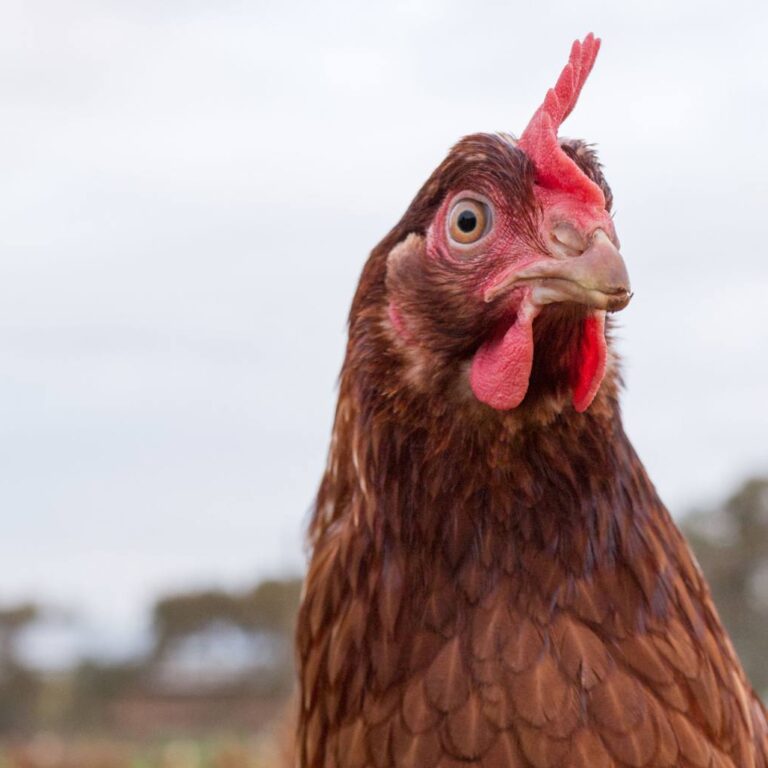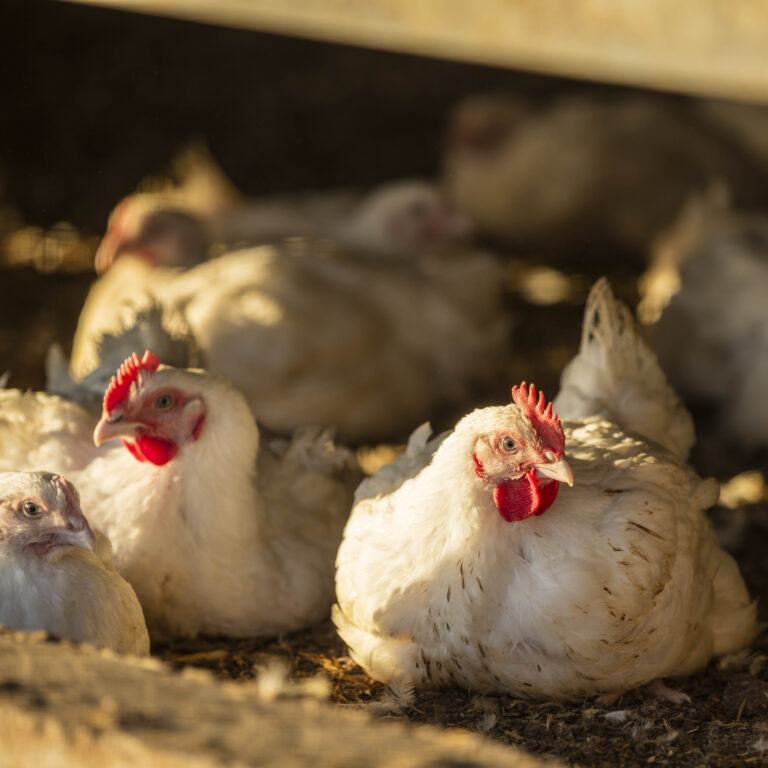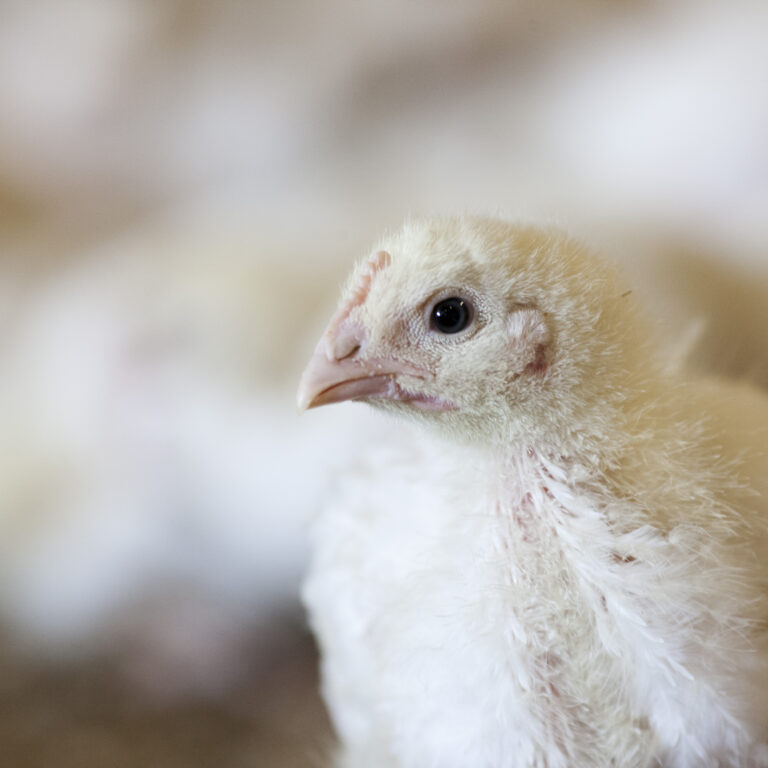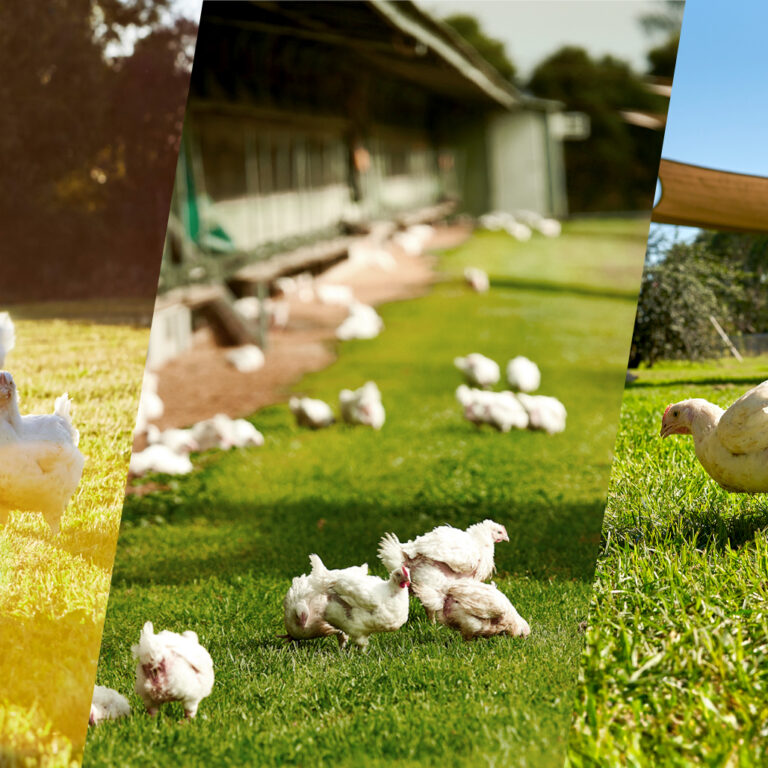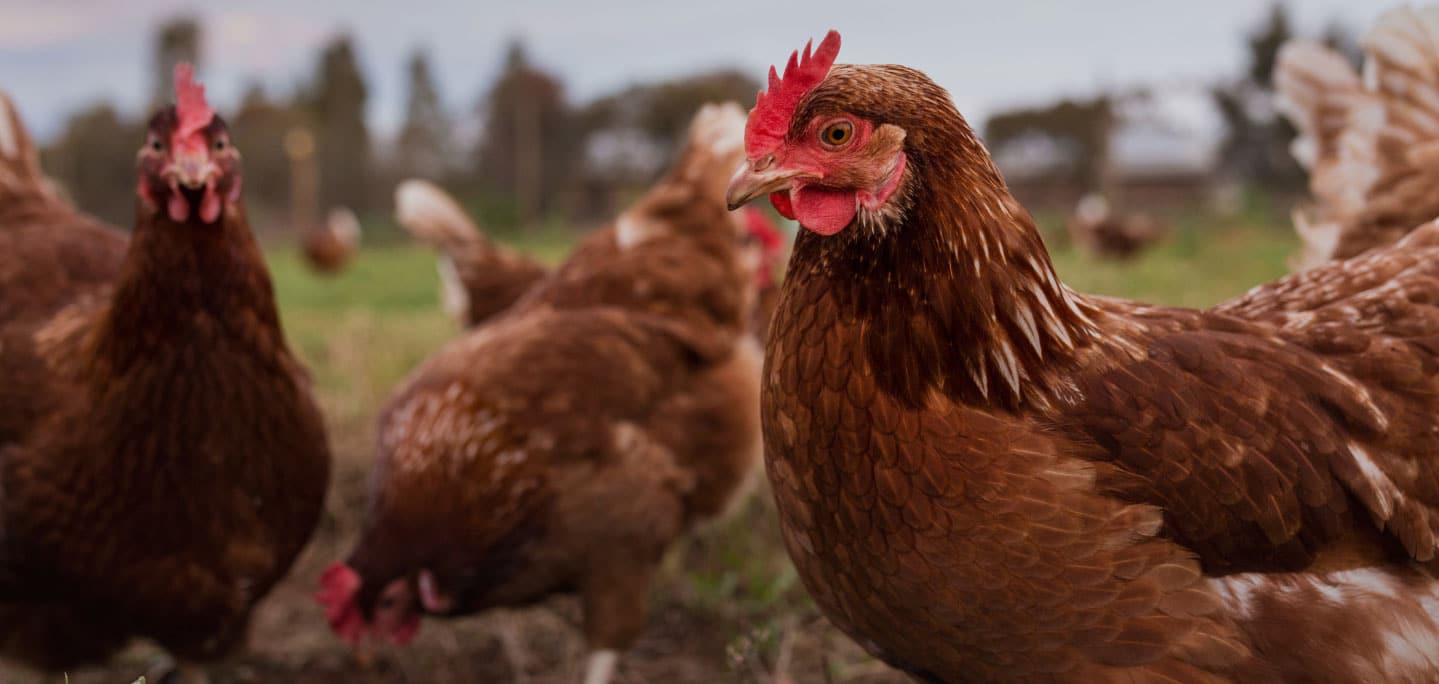Australian poultry industries face some of the biggest challenges to animal welfare. Not only is high consumption of eggs and chicken putting pressure on farmers and brands to meet demand, but affordability continues to be a key consideration along with increasing consumer expectations for better animal welfare. With research highlighting that more than 9 out of 10 Australians are concerned about farm animal welfare, it’s clear animal welfare considerations will increasingly be an integral part of Australian farming and food production.
It’s reassuring to know however, that there are a number of leading companies and organsiations stepping up to meet these ongoing animal welfare challenges, with game-changing products and ground-breaking initiatives. Here are just some of the innovative ideas that are changing how food is produced and helping to improve the welfare of Australian farm animals at the same time.
The CSIRO research that could end male chick culling in the egg industry
What to do with male chicks in the egg industry is an ethical issue that concerns many Australian farmers and consumers alike. And quite rightly so – around 23 million day-old male chicks culled every year in Australia, simply because they are male and therefore can’t lay eggs. It’s without a doubt an issue that needs to be addressed. But for the solution to be sustainable, it needs to be commercially viable as well as humane.
A new technology developed by Australia’s national science agency, the CSIRO, allows early identification and removal of males before any cells start to form recognisable structures inside the egg. This means that any potential to cause stress to either a hatched or unhatched male chick is eliminated. With only female chicks hatching (rather than both male and female), it makes sense commercially too, because there’s no longer a need to incubate and hatch double the number of eggs needed to meet the demand for egg-laying hens.
CSIRO’s work in this field was discussed on the RSPCA’s Humane Food podcast. You can listen to the podcast episode here or read more about the issue here.
Mr Lee’s Noodles – changing the scene for instant noodles
Mr Lee’s Noodles are doing things a bit differently to other “noodles in a cup” brands. Since launching in the UK four years ago, they’ve expanded their offering into the USA and Australia, proving that a convenience product that’s aligned with what their customers care about has a lot of credibility.
How are Mr Lee’s Noodles different? They are making more ethical choices, such as sourcing RSPCA Approved chicken. This is important because it shows that even a product category that’s known for being at the most affordable end of the market, can make better animal welfare decisions that are also sustainable for the business.
Reared on farms participating in the RSPCA Approved Farming Scheme, RSPCA Approved chickens are raised according to the RSPCA’s detailed animal welfare standards. These standards focus on providing good housing environments where chickens have more space to move around and can do the things they like to do, such as perch, scratch and dustbathe – ultimately leading to better animal welfare.
Farms are also visited regularly by an RSPCA Assessor to make sure the standards are being met. For one of Australia’s most intensively farmed animals, raising them in an environment that gives them a better quality of life is a big deal.
Cage-free egg powder – the last piece of the puzzle
More than ever, grocery buyers are opting for cage-free eggs in the supermarket and many big names in the food industry have turned their back on cruel battery cages and switched to sourcing only cage-free eggs. Sadly however, the number of egg-laying hens confined to battery cages has remained static, with the majority of cage eggs going into food services and manufacturing. As a result, there are currently still more than 10 million hens in cages in Australia unable to do things hens like to do, such as laying their eggs in a nest or flapping their wings.
Cage free commitments from retailers, food service and manufacturing industries will continue to play in important role driving demand for cage-free eggs over the coming decade. Along with shell eggs used in supply chains, brands and manufacturers are also starting to review where egg is used as an ingredient, including egg powder and pulp which is commonly found in products like pasta, cakes and baked goods. Over the next 5–10 years, demand in the Australian market for cage-free powder and pulp egg is expected to grow as companies review supply chains and continue to work towards their cage free commitments.
Making it easier to source responsibly
When it comes to sourcing animal-based products for food and clothing responsibly, there’s a lot that individual businesses can do.
For a long time – and often behind the scenes – the RSPCA has helped businesses improve animal welfare throughout their supply chains. We’ve done this by providing expert advice on particular welfare issues and helping to identify where and how businesses can make lasting changes for the better.
To make this advice more accessible, we’ve recently launched a suite of responsible sourcing guides. Now more companies have a starting point and expert guidance to work on this very important issue.
You might also be interested in What happens to male chicks? Solving an animal welfare challenge and Why the RSPCA’s Humane Food Podcast should be on your 2021 must-listen list

